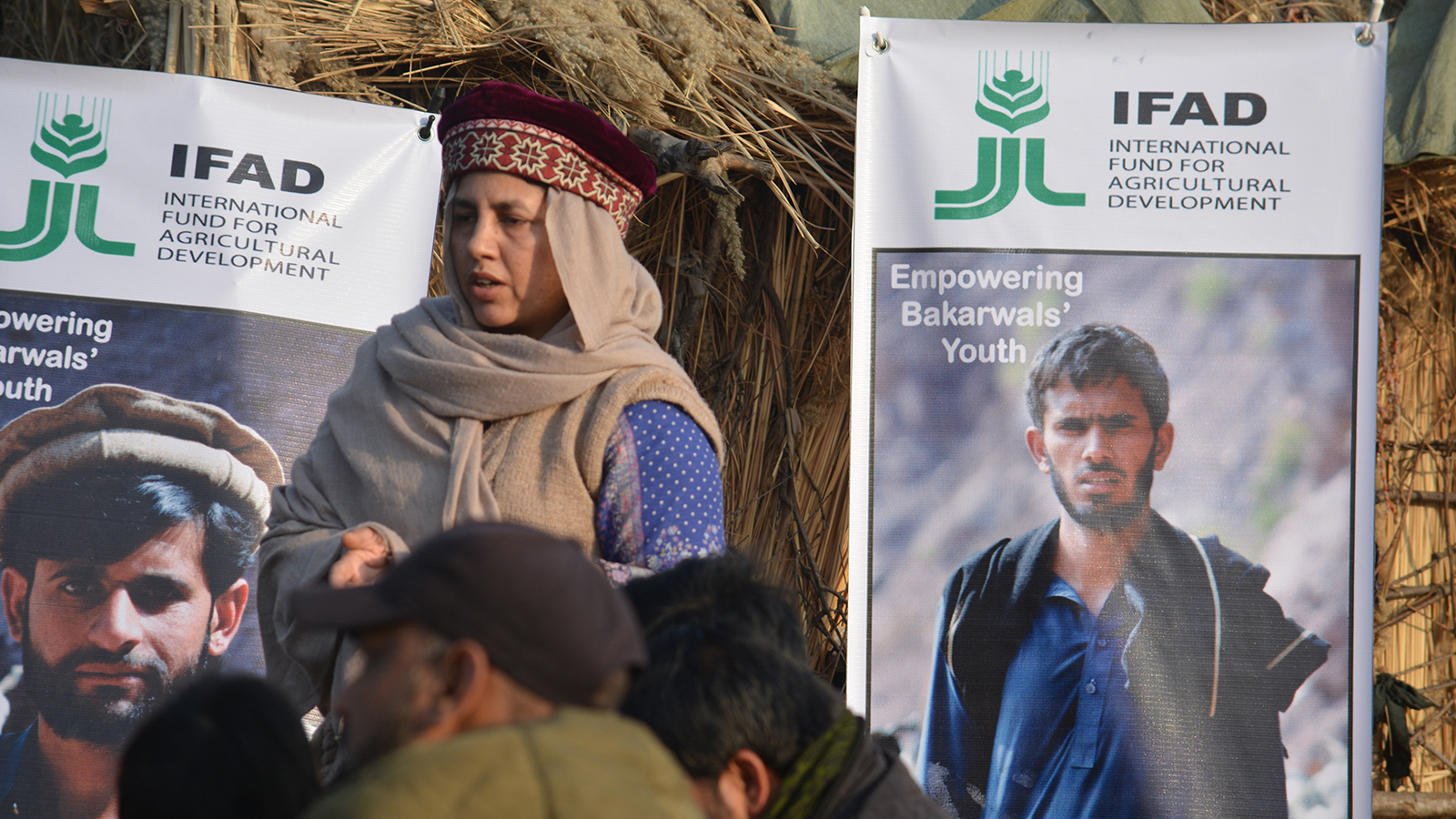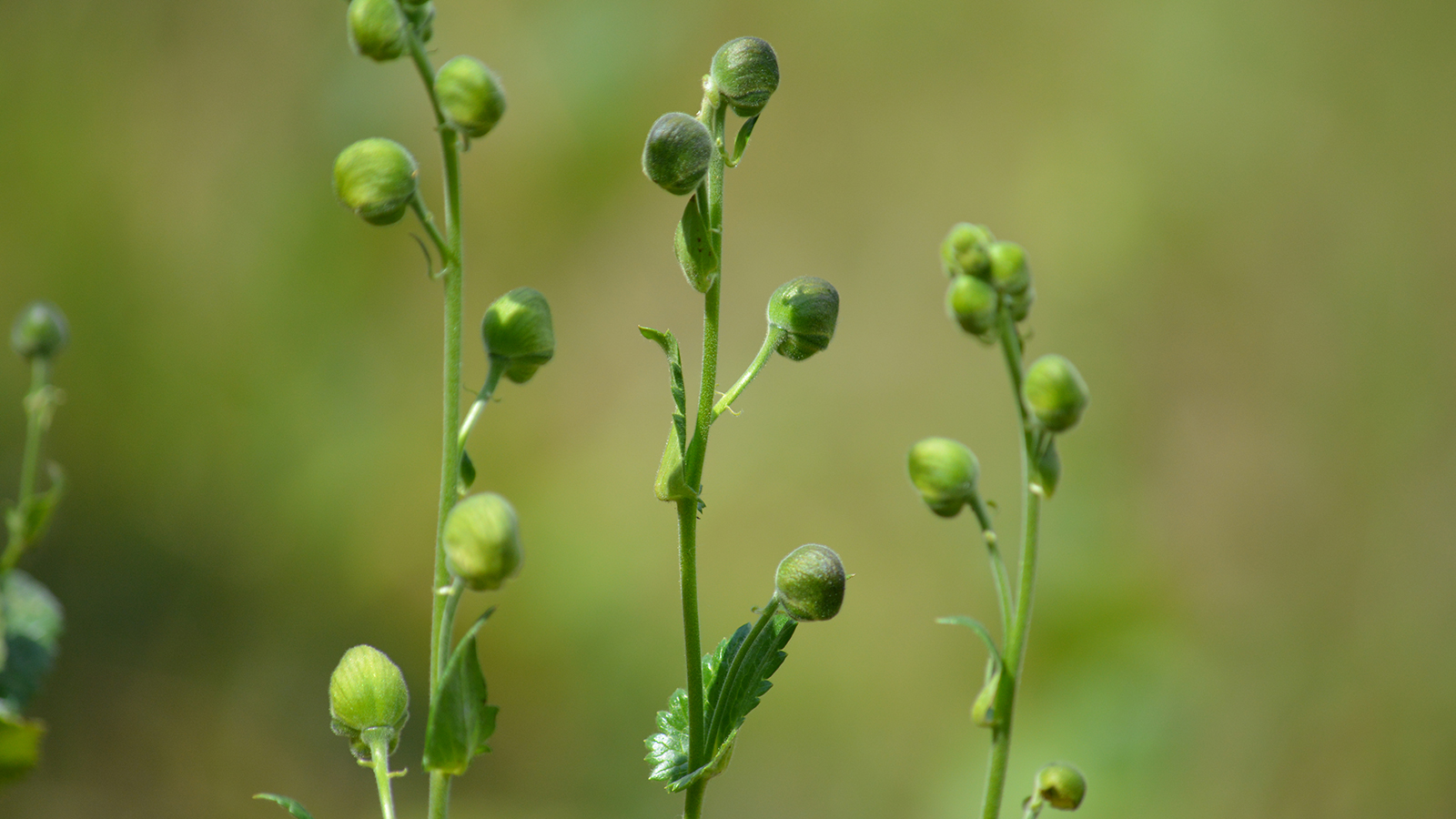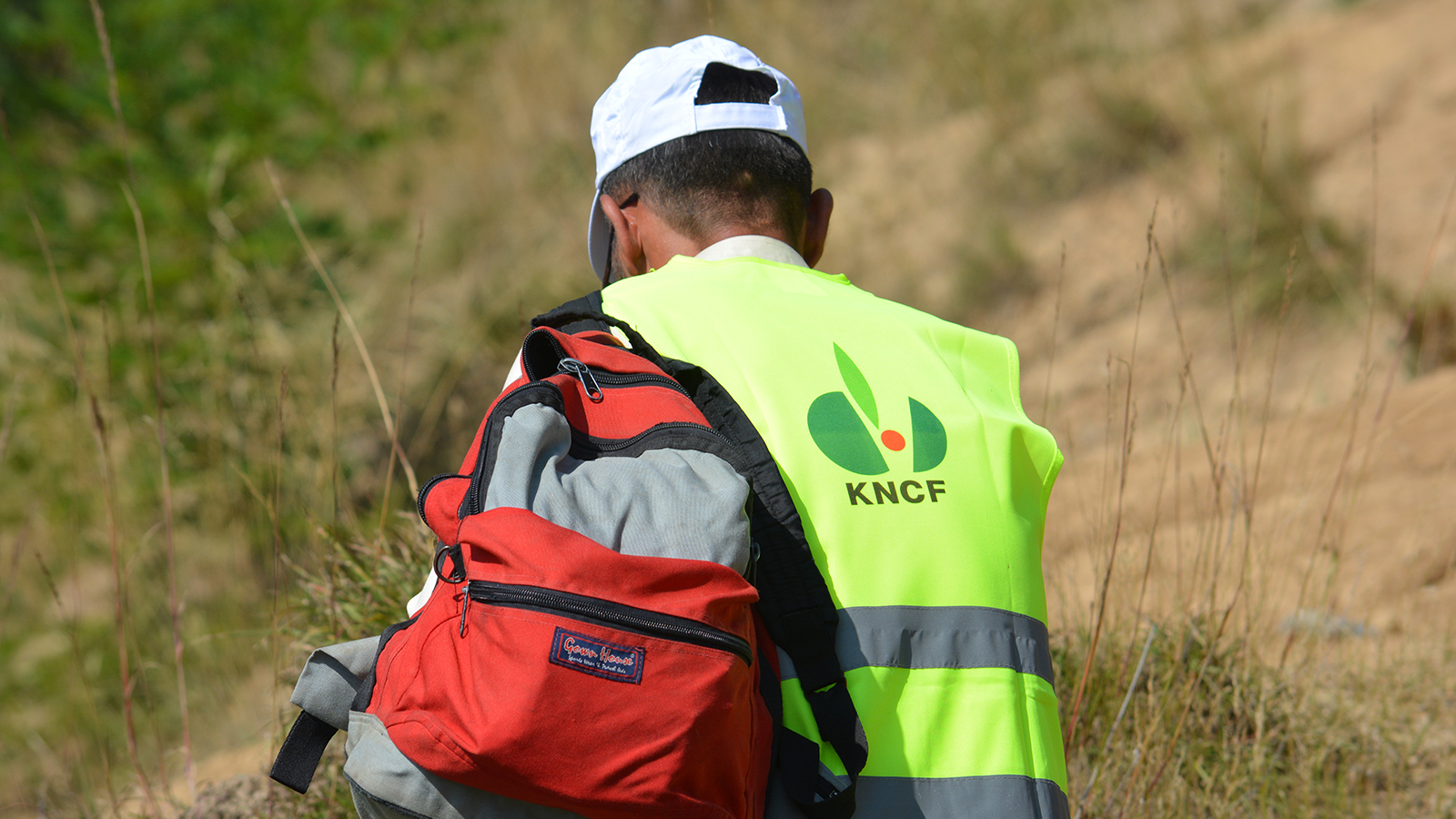BIODIVERSITY
Empowering Bakarwals for Biodiversity Conservation
In a collaborative effort with the Bakarwals, an indigenous nomadic community renowned for their nomadic lifestyle and livelihoods centered around sheep and goat rearing, Sukhi Development Foundation embarked on a biodiversity conservation initiative in the picturesque Gurez valley of Azad Jammu Kashmir. This project, generously funded by the International Fund for Agricultural Development (IFAD), harnessed the rich indigenous knowledge of the Bakarwals, particularly their expertise in medicinal plants, as a key strategy for conserving threatened plant species in the targeted region.
The project recognized and embraced the invaluable indigenous knowledge of the Bakarwals regarding medicinal plants. This knowledge was strategically utilized as a cornerstone for biodiversity conservation efforts. The Bakarwals’ insights into the local flora became a guiding force in identifying and safeguarding threatened plant species. A central aspect of the project involved active engagement with the Bakarwal community. By involving them in the conservation process, the initiative not only respected their traditional practices but also fostered a sense of ownership and responsibility towards the biodiversity of their surroundings. This community-centric approach aimed to ensure the sustainability of conservation efforts.
The IFAD played a pivotal role by providing financial support to the project. This funding facilitated the implementation of comprehensive conservation strategies, including the integration of indigenous knowledge, community engagement, and targeted efforts to protect threatened plant species.
As a result of this collaborative endeavor, the project aimed to leave a lasting legacy of heightened environmental consciousness within the Bakarwal community and contribute to the broader goal of biodiversity conservation in the area.
Conservation of high quality endangered herb :
“Aconitum heterophyllum”
This biodiversity conservation project was implemented in village Taobat of Neelam valley, Azad Jammu Kashmir with the financial assistance of Van Tienhoven Foundation, The Netherlands. The aim of the project was to conserve high quality endangered herb” Aconitum heterophyllum” through propagation using in-situ conservation method and improve management of biodiversity by behavioral and attitudinal change in mountainous communities through improving awareness on bio-diversity conservation and capacity building on propagation and managing of valuable indigenous species. In-situ conservation of red-listed threatened species is urgently required in order to protect the taxon from extinction.
Recognizing the symbiotic relationship between local communities and biodiversity, the project extended its reach to the indigenous people’s of Taobat. Behavioral and attitudinal changes were targeted to instill a sense of responsibility and guardianship towards the local flora. Community members were actively involved in the conservation process, fostering a shared commitment to preserving the unique biodiversity of the region.
The project incorporated educational programs to raise awareness about the ecological importance of “Aconitum heterophyllum” and the broader significance of biodiversity conservation. Workshops, training sessions, and interactive forums facilitated the exchange of knowledge between conservation experts and the local community, promoting a deeper understanding of the delicate balance between human activities and the environment.
A key component of the initiative was the implementation of sustainable biodiversity management practices. This included the development of strategies to ensure the continued flourishing of “Aconitum heterophyllum” and other local flora.
The project aimed to establish a blueprint for conservation efforts that could be replicated in similar regions facing biodiversity challenges. By the project’s conclusion, the community of Taobat not only witnessed the tangible benefits of the conservation efforts on the endangered herb but also experienced a positive shift in attitudes towards environmental stewardship. The legacy of the project lies not just in the safeguarding of a specific plant species but in the empowerment of a community to actively participate in the preservation of their natural heritage.
Restoring Degraded Forest Lands
Nestled in the breathtaking Gurez valley of Azad Jammu Kashmir (AJK), Pakistan, Sukhi Development Foundation is spearheading a visionary project that seeks to rejuvenate and restore degraded forest lands through the application of innovative technologies. Made possible by the generous funding of the Keidanren Nature Conservation Fund (KNCF), this initiative is not merely about ecological renewal but also aims to create a sustainable and harmonious relationship between the environment and the communities dependent on it. The project includes interventions like; use of geospatial technology for area mapping, seedballs as an eco-friendly and efficient method for reforestation, and UAV technology for seedball spreading and making informed decisions. By involving the community in the restoration efforts, the project not only addresses ecological concerns but also contributes to the socio-economic well-being of the local populace.
The project envisions a revitalized and resilient forest ecosystem in the Gurez valley, with improved biodiversity and enhanced water retention capabilities. Beyond ecological benefits, the initiative aims to establish a blueprint for sustainable development, where the well-being of the environment aligns harmoniously with the prosperity of local communities.



